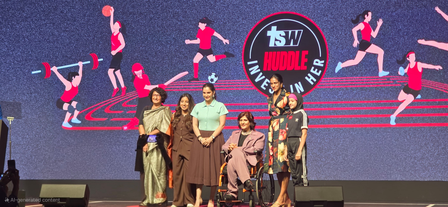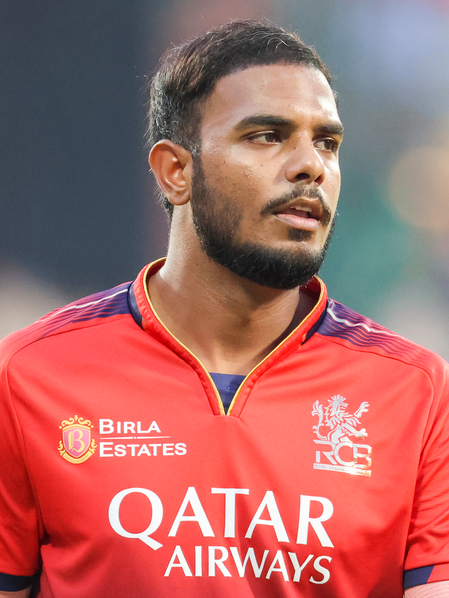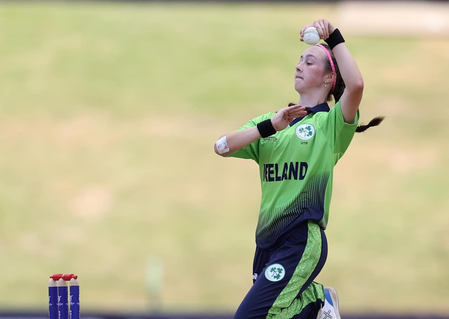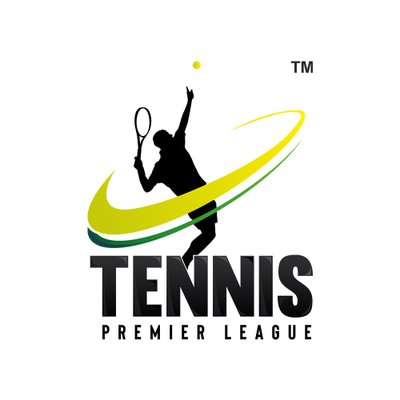
Mumbai, Aug 6 (IANS) When the Indian women’s cricket team participated in the World Cup in 1997 at home, they got Rs 1000 as match fee for each match. Things have come a long way from those dark ages to 2025, when in the Women’s Premier League (WPL) mini-auction, Simran Shaikh got a bid of Rs 1.90 crore, and the 16-year-old G Kamalini went for Rs 1.60 crore.
The media has started taking attention, and the broadcasters are also showing women-only sports even amidst top-level men’s competition — like in the case of WPL 2025 in the middle of the men’s Champions Trophy.
However, there is a lot that still needs to be done to change society’s perspective towards women’s sports, attract more eyeballs on the broadcast spectrum and gain the confidence of the corporate world to take a full dive into women’s sport.
This was the outcome of an evening of discussion on the scope of the sector during The Sports Women Huddle 2025 — Invest in Her, organised by Capri Sports Foundation, which owns the WPL franchise UP Warriorz, the Bengal Warriorz team in Kro Kabaddi League and the Warriorz FC, a women’s football team.
In a panel discussion on female athletes as market makers, brand builders and change drivers, multiple-time Grand Slam champion in doubles tennis, Sania Mirza, two-time Olympic medallist shutter P.V Sindhu, 2016 Paralympic Games silver medallist Dr. Deepa Malik and Atiqua Mir, first female racer from India to win the Micro Max category at the Rotax Max Challenge International Trophy (RMCIT) held in Le Mans, talked about their experiences, how they tackled adversities to succeed and how they envision the women’s sport growing in the country.
The panellists discussed how, in the changing world, when there is social media, improved corporate sponsorship and a bit more attention being given to women’s sports, what more needs to be done to improve female participation, change the narrative to their skills and promote them as people capable of laying the marker when it comes to brand promotion and corporate engagement.
Talking about how society’s perspective towards female sportspersons needs to change because they still want them to but demure and act like good girls, Sania Mirza said the onus is on women to also be on the female sportspersons to act like world beaters and conduct themselves in such a way that they get the attention they deserve.
Sania Mirza said there is no doubt that it is a man’s world, and in the case of Indian sports, it’s the cricket world when it comes to Indian sports, but the players have to do it for themselves and not for others..
“So the fact is that as female representation, I think it the onus is also on us, how we represent ourselves, how we are showing the world.
You know we have world beaters in this part of the world. But we don’t want them to act like world beaters. We still want them to act like they are Bichare (simpletons). So if you act like a world beater, they’re like ‘array, they have attitude, and they are arrogant’.
“But if you are acting like you’re Bichare, a good girl or whatever, then they say, ‘Oh, you don’t have killer instinct’.
So there is no winning that. So in short, you don’t do anything for other people, you do it for yourself. So I don’t care how other people represent me. I care how I represent myself. And the onus is on me to have that killer instinct or have that attitude or have but do whatever it takes to represent myself in the best way possible and to win,” said Sania.
Sindhu agreed with Sania and said female sportspersons should not be bothered by what others think about them but should pursue sport because they like it.
“At the end of the day, it’s us we represent. And you know, you know when you lose, when social media was right there, you know when you lose, you know, they take you there, and when you win, they keep you at like cloud 9. So, you know, you don’t have to actually bother or feel bad about what they think, but it’s what you think. And what matters is, you know, how are you feeling at the end of the day? Because it’s what you are thinking about what others are thinking, I think that will really take you somewhere that, you know, you can’t even imagine, because it breaks you at the end of the day,” said Sindhu.
Deepa Malik talked about how the sports world has changed for the differentially abled sportspersons and said it will have a bigger impact on society if more people from small towns and villages become successful in the sports world.
“Imagine a disabled girl coming from a small village becomes successful and wins a medal in, say, the Paralympic Games, it will change the total outlook of the entire village and inspire many more to take up the sport. It has happened with me when I became the first Indian female to win a medal in the 2016 Paralympic Games, and now in Paris 2024, so many women won medals,” she said.
She also talked about the role of male partners in assisting disabled sportspersons in achieving success in sports. Talking of her example, she said he needs the assistance of a male to get strapped into her wheelchair for participating in an event in such a way that she does not commit a foul.
Sania, Deepa and Sindhu also advised young sportspersons on how to handle pressure and losses when transitioning from junior to senior level. She told them not to get bothered by defeats because initially, they will lose a lot of matches. “Lose, lose and lose so much that you no longer lose anything,” she said.
–IANS
bsk/




